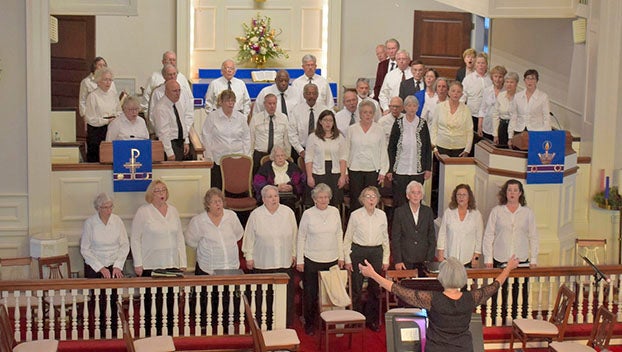What’s in a word
Published 10:43 am Thursday, October 17, 2019
A few weeks ago, a colleague in math, who is keenly aware of language patterns and inconsistencies, asked me “If fellow means man, is fellowship something only men can have?” Interesting question and to which my response is, language isn’t logical in the way we often expect things to be logical and yet it functions in sophisticated and complex ways to create meaning, nuance and when necessary, clarity. All of this is neatly illustrated in the following piece attributed to Charlie Walker and titled “Reasons why the English language is so hard to learn.”
There is no egg in eggplant nor ham in hamburger; neither apple nor pine in pineapple.
English muffins weren’t invented in England or french fries in France.
Sweetmeats are candies while sweetbreads, which aren’t sweet, are meat.
Quicksand works slowly, boxing rings are square,
And a guinea pig is neither from Guinea nor is it a pig.
And why is it that writers write but fingers don’t fing,
Grocers don’t groce and hammers don’t ham?
If the plural of tooth is teeth,
Why isn’t the plural of booth beeth?
One goose, two geese. So one moose, two meese?
If you have a bunch of odds and ends and get rid
Of all but one of them, what do you call it?
Is it an odd or an end?
If teachers taught, why didn’t preachers praught?
If a vegetarian eats vegetables, what does a humanitarian eat?
In what language do people recite at a play and play at a recital?
Ship by truck and send cargo by ship?
Have noses that run and feet that smell?
How can a slim chance and a fat chance be the same,
While a wise man and a wise guy are opposites?
You have to marvel at the unique lunacy of a language
In which your house can burn up as it burns down,
In which you fill in a form by filling it out,
And in which, an alarm goes off by going on.
English was invented by
People not computers,
And it reflects the creativity of the human race,
Which, of course is not a race at all.
See if you can correctly negotiate the sentences below, also attributed to Walker:
1. The bandage was wound around the wound.
2. The farm was used to produce produce.
3. The dump was so full that it had to refuse more refuse.
4. We must polish the Polish furniture.
5. He could lead if he would get the lead out.
6. The soldier decided to desert his dessert in the desert.
7. Since there is not time like the present, he thought it was time to present the present.
8. The insurance was invalid for the invalid.
9. The buck does funny things when the does are present.
10. A seamstress and a sewer fell down into the sewer line.
11. The wind was too strong to wind the sail.
12. After a number of injections, my jaw got number.
13. Upon seeing the tear in the painting, I shed a tear.
14. I had to subject the subject to a series of tests.
15. How can I intimate this to my most intimate friend?
JULIA PALMER is an associate professor of modern languages at Hampden-Sydney College. She can be reached at jpalmer@hsc.edu.





